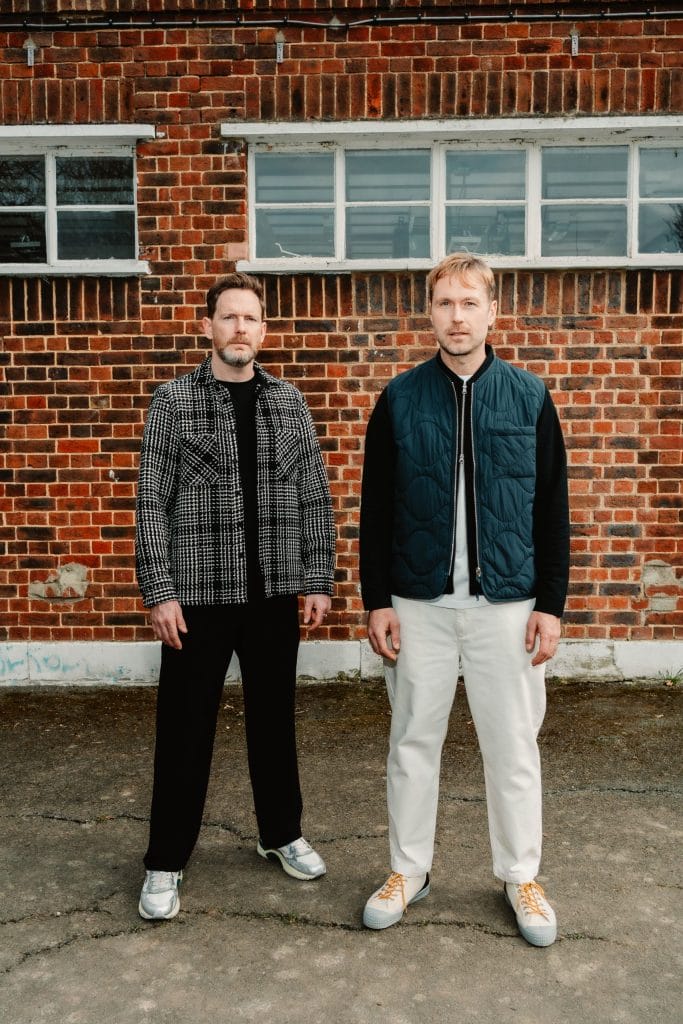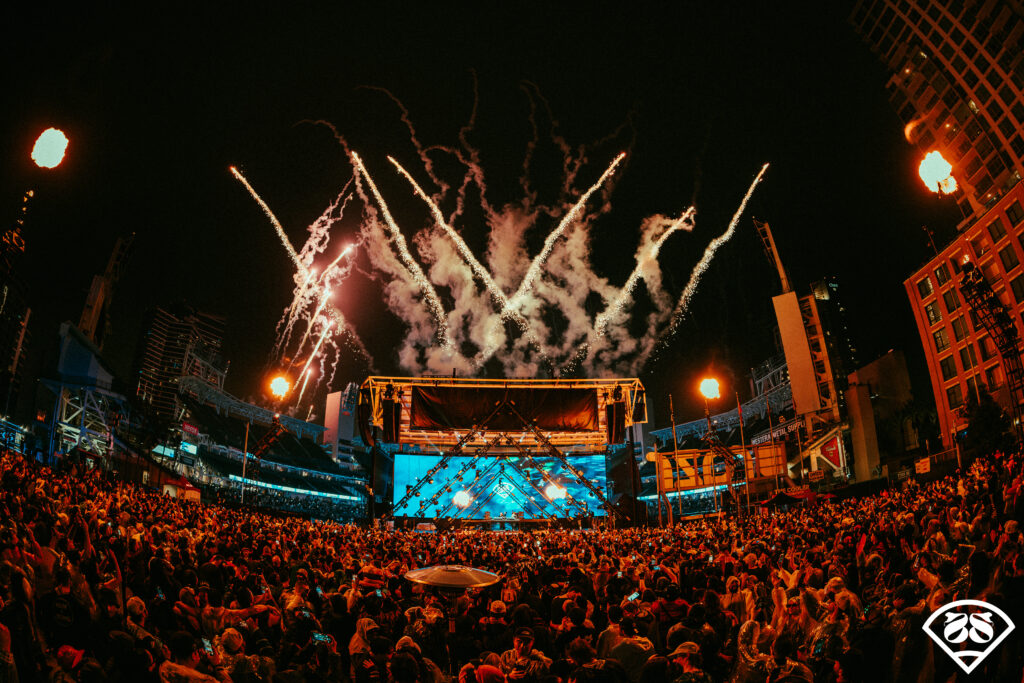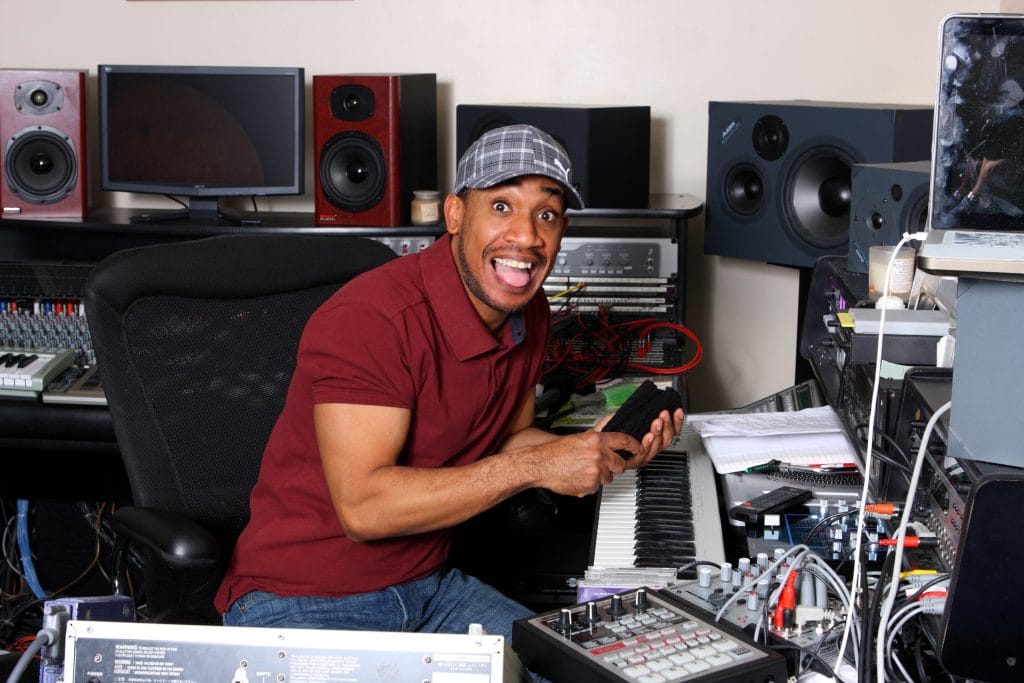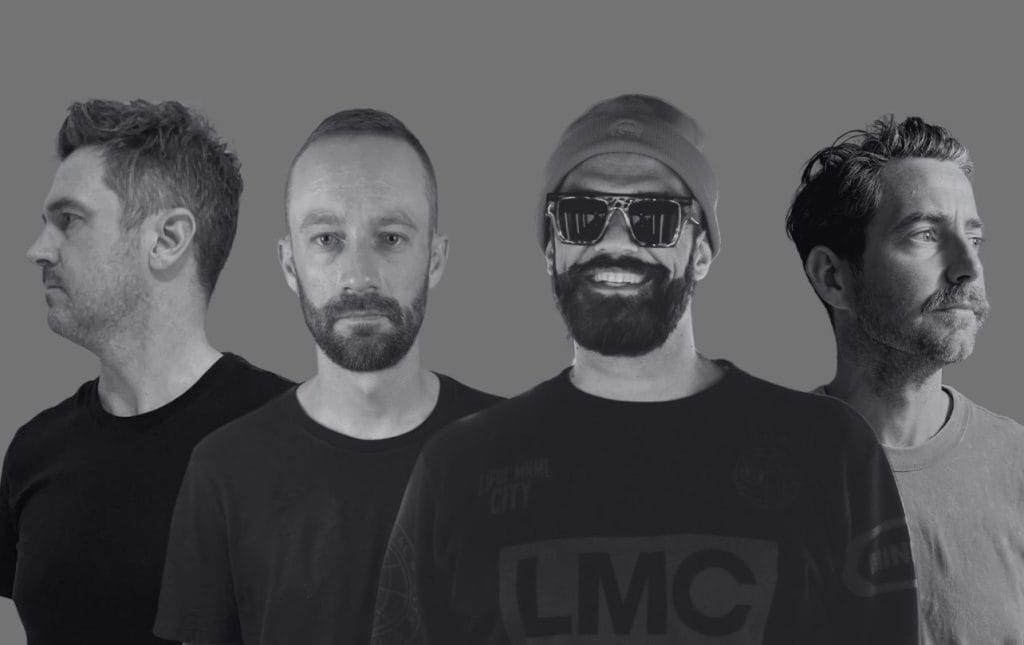Island Hill’s collaboration with Phonique on Dreams Become Reality carries a softness that still hits with purpose. The project layers deep house rhythms, airy melodic details, and understated vocals into a sound that feels more like a mood than a moment. It is clean but not sterile, emotive without being heavy-handed—something that rewards repeated listening.
The Alexey Union & XANDL remix builds on that with an 80s-leaning energy, giving the track a different kind of lift without pulling it out of its world.
The band’s collaborative approach helps define the direction. Working remotely, Island Hill manage to keep spontaneity intact, often trading files until a buried idea turns into the track’s center of gravity. Their background spans club culture, songwriting, and live instrumentation, and that blend shows up in how carefully each part interlocks.
We spoke with Island Hill about the fluid shape of inspiration, what sparks collaboration into motion, and how each member plays a role in giving their ideas time to evolve naturally.
Do you think inspiration comes from you — or through you?
I think both things are always true. Our environments inspire us all the time. We learn music through imitation, the same way we learn language. I always had a melody in my head when I was a kid, and I was always mentally composing something–but where did those melodies come from? They felt like they were springing up from within me, but in reality, I was immersed in music all the time. We are all constantly engrossed in the soundscapes of radio, television, movies, and live performance. This rich environment inevitably inspired me, whether consciously or not.
Eventually, however, I learned to play an instrument, learned the language of music, and so I could create something new with intention. It’s essentially a feedback loop of inspiration and creativity. This process is amplified when working with other people, whether in person or remotely. I might be stuck in a dead end with an idea and send a clip to Barry and he will find something that I couldn’t see in my own work and end up writing the best vocal hook of the record.
What conditions help you recognize when an idea is worth chasing?
First and foremost, I have to want to listen to the music. I make music that I want to listen to. I suppose that’s more of the emotional, instinct level of music. There has to be some unexplainable spark at this level. Island Hill songs almost always start this way. It’s funny, though, because we all have varied tastes in music and often don’t agree at the early stages of an idea as to whether or not something is working.
Dibby will show me some groove and I’ll think, really? But, if he shows enough enthusiasm, I’ll try laying down a guitar part or playing with a vocal melody. All of a sudden, the song starts to take shape and I think, oohhh, that’s what he was hearing.
Dibby’s got a great ear for the unrealized potential of a simple idea.
When something clicks creatively, what do you think is actually happening?
When something clicks creatively in the studio, it’s usually when the sounds go beyond simply fitting together in terms of key or rhythm, they start communicating with each other and creating a real feeling.
That moment often comes unexpectedly, usually when I’m just jamming on a synth without a clear plan, and suddenly something jumps out. It’s hard to explain, but there’s this sense that the elements have locked in and are pulling you forward. When that spark happens whether it’s a simple chord progression or a drum and bass groove I try to capture a few variations quickly before the idea fades or I get tired of the sound (happens a lot).
I usually send these ideas to the group chat with Barry and Albert, and depending on the day, they either send something back that’s magic or something that doesn’t quite hit. We’re working remotely from each other, which is challenging, but sometimes it weirdly works better than sitting side by side.
Creativity is unpredictable like that, most days it’s just experimenting and learning, but now and then, everything aligns.
How do you know when to step back and let the track lead instead of trying to steer it?
The answer to this question really just depends on the track. Sometimes everything just clicks right away and the song takes shape almost instantly. Sometimes I’ll sit on an idea for ten years before I finally find something that works. A lot of our recent tunes have gone through many drafting stages compared to our debut album, Strangers in Paradise. We keep raising the bar for ourselves of what we want our songs to be, even in the demo stages.
Then again, our main vision to build up an audience has been to collaborate with new artists on each track, so once they get a hold of the song, we have to be open to new ideas.
Has your relationship to inspiration changed over the years?
Absolutely, it’s changed a lot. Back when I lived in Ireland, inspiration used to hit me like lightning, especially after hearing a great DJ set. I’d come home buzzing at 2 or 3 in the morning and head straight to the studio Mac, trying to capture the energy and ideas while they were still fresh. At the time, I was DJing regularly internationally, and travelling played a big part in my creative process.
I’d jot down ideas on the fly with my MacBook and a small controller, or record interesting sounds with a little Tascam recorder I always carried. That lifestyle really fed into my music, constantly moving, absorbing new environments, and translating that into sound.
These days, life is very different. I’ve got two young kids, two border collies, and a full-time career outside of music. I’m not in clubs or flying off to gigs anymore. But inspiration hasn’t gone – it’s just taken a new shape. Now it comes from spending quality time with my family, from quiet moments on the train listening to beautiful music through my AirPods, or from hearing something emotionally resonant in my usual daytime routine.
I still jot ideas down in my phone or speak into the recorder, usually nonsense when I listen back, but every now and then, something sticks. Studio time is harder to come by, and inspiration tends to strike when I least expect it. But I’ve learned to embrace that – it’s more subtle now, but just as powerful.
Are there patterns or practices that seem to invite new ideas consistently?
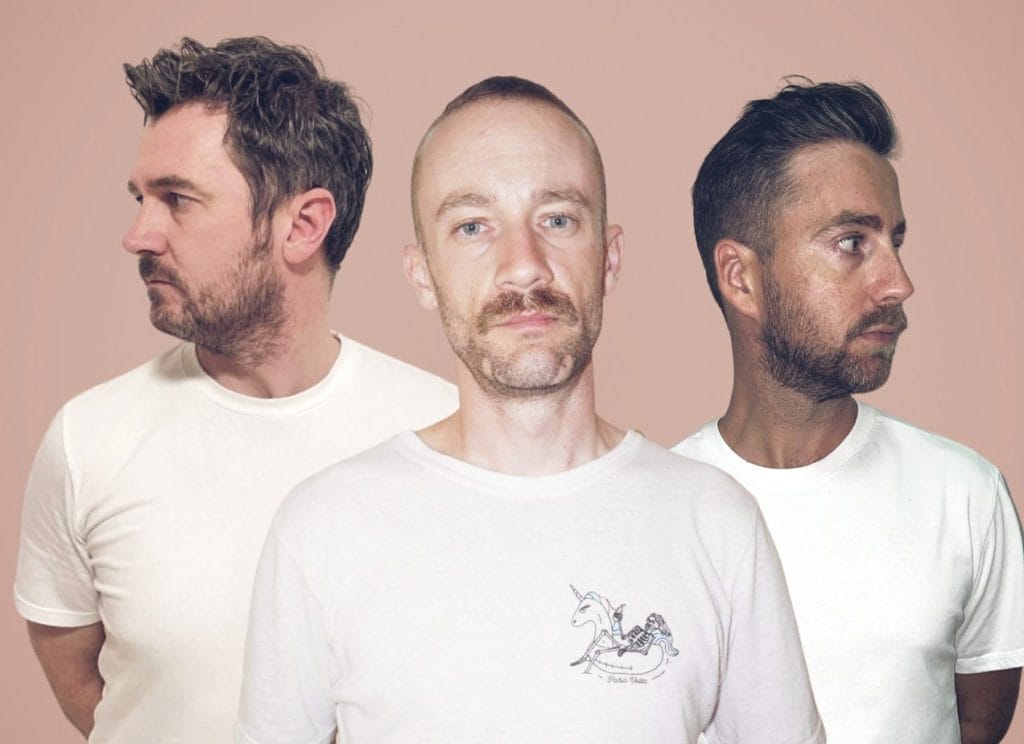
Over the years, it has become more and more important for me to do the work. It’s not the sexiest fact about creativity, but waiting around for inspiration to strike will not generate many new ideas. Dedicating regular, scheduled time in the studio is what keeps the ideas flowing.
That might mean spending hours on an idea that goes nowhere, but every time that happens I’ve sharpened a skill, learned something new, and kept my creative mind active. Doing the work, even when you don’t feel like it, is usually the difference between a new song and nothing.
All that being said, I find it important to have space for play when working. I might have two or three projects in the works, but I always give myself time and space to play with designing synth patches, noodling on the guitar, or improvising a live jam. These play sessions are essential for finding new inspiration and ideas.
What breaks your connection to the ideas you’re trying to catch?
Ideas for me are emotionally driven, and I have to stay connected to that ‘pull’ when I’m producing. What breaks that connection is getting dragged too early into the technical side, worrying about EQs, compression, or whether the kick drum has the ‘right’ transient shape before the song even knows what it’s about.
If I start layering on plug-ins just because they’re what I’d ‘usually’ use on an element, I can lose sight of what the song is trying to say or be.
That’s why I try to work quickly, sketching ideas, getting sounds down fast, and letting the elements interact organically. I don’t want to process the soul out of something before it’s even had a chance to breathe.
The most important thing in those early moments is flow. I know I’m onto something if the bass line sparks a melodic response or the rhythm inspires a space for vocal cadence. I zoom in and refine only once the emotional and musical relationships are working. It’s about protecting that initial feeling and letting the song lead.
The post Island Hill on the feedback loop of inspiration and process appeared first on Magnetic Magazine.



